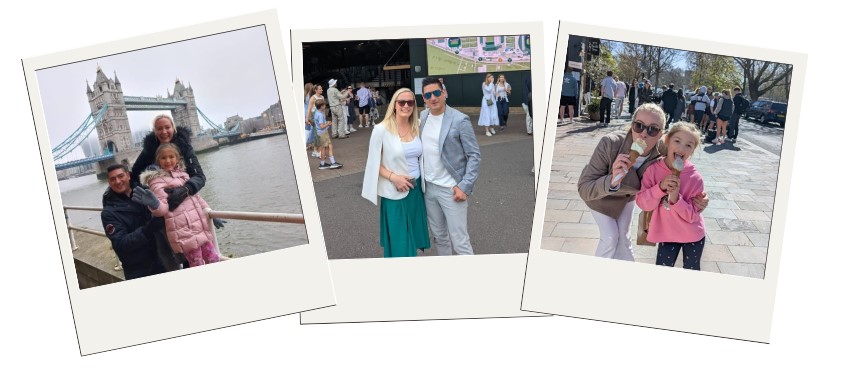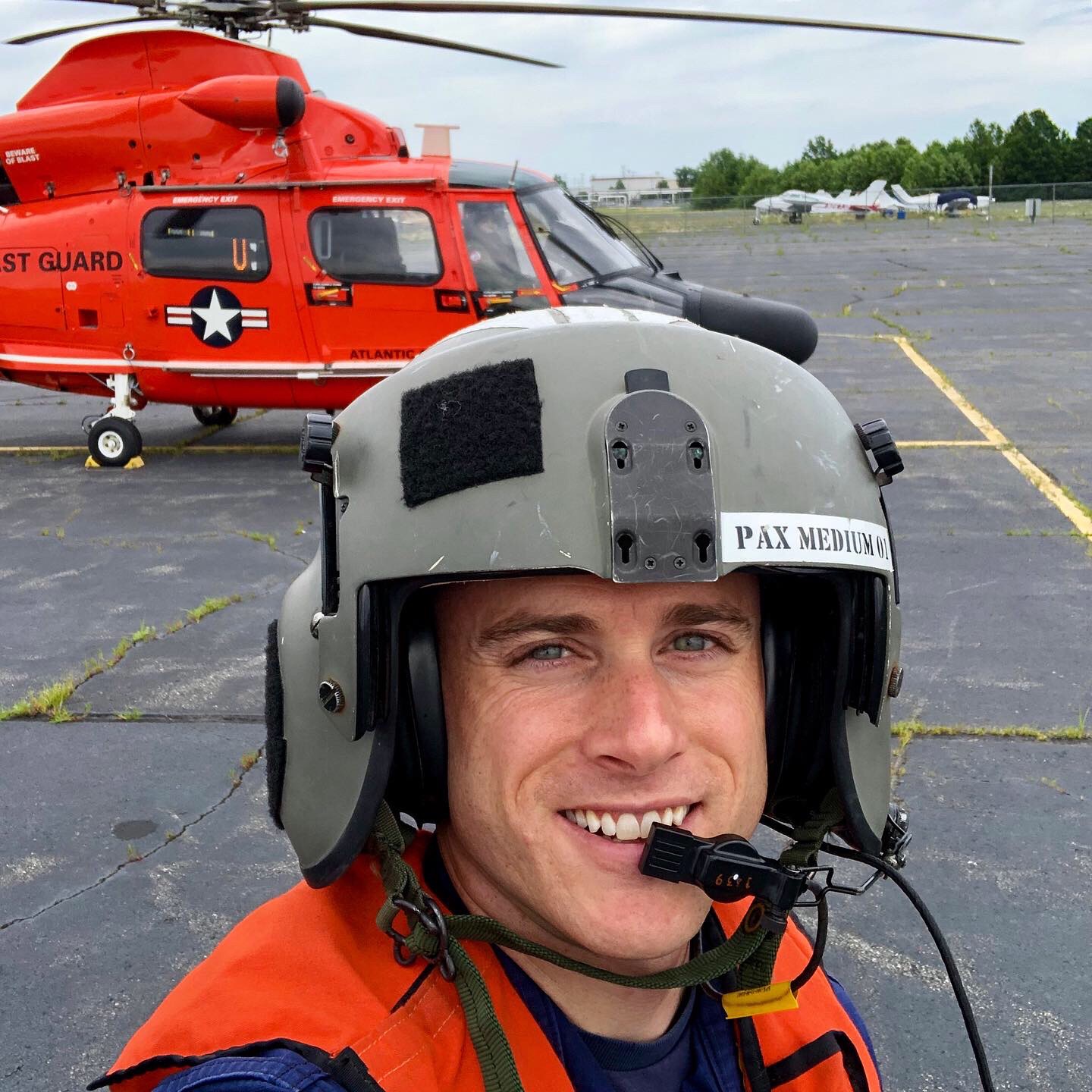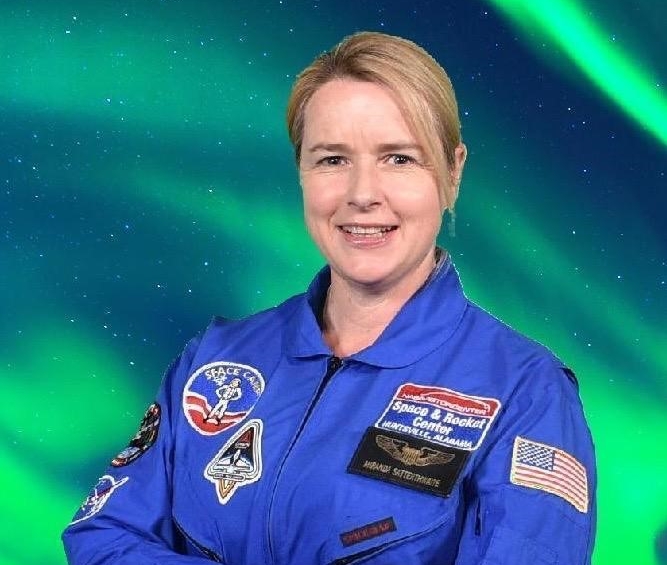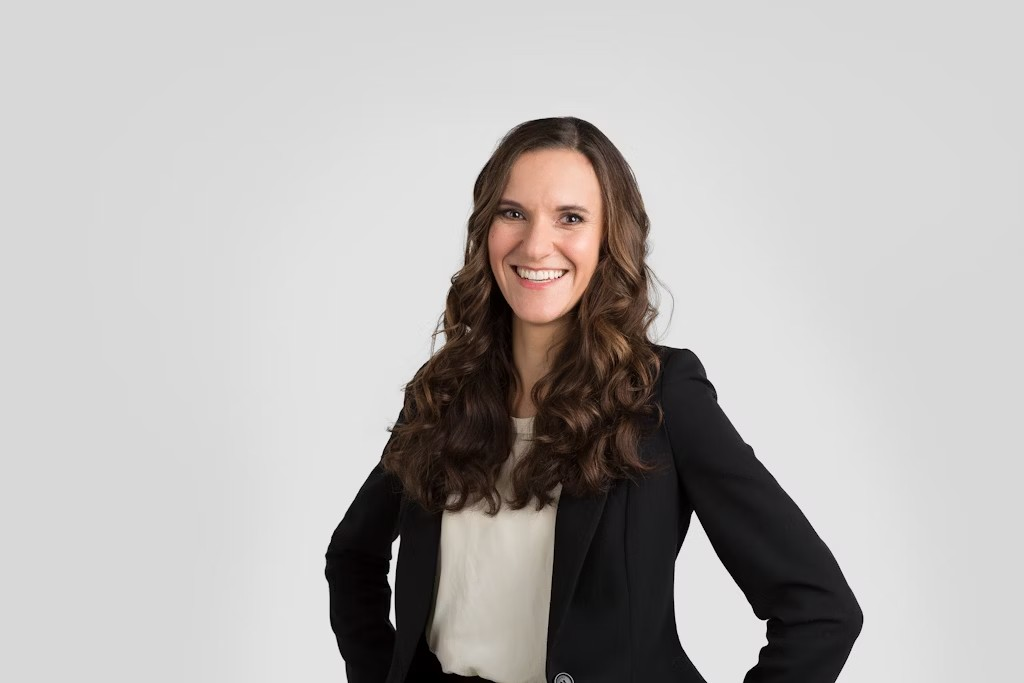As a new Program Director at Advanced Research + Invention Agency (ARIA), can you tell us a little about your role?
My job is to identify, develop, and launch a major research and development (R&D) programme with the potential for transformative impact. ARIA gives us the autonomy to venture into new fields, build powerful new research communities, and fund ambitious ideas that could reshape our world.
ARIA funds scientific and technological breakthroughs designed to benefit everyone. Can you share any of the exciting projects being worked on at the moment?
ARIA programmes can span any area of R&D, so we have a wide range of exciting programmes already running. For example, one is looking at developing neural interfaces that measure brain activity at a specificity and scale not possible before. Another programme is working on making robots more dextrous to expand the range of tasks they can perform, and another is developing ways to identify the early warning signs of climate tipping points.
What do you enjoy most about working for a company like ARIA?
Something I really appreciate about the organisation’s founding principles is their ‘people, then projects’ approach. New programme directors are hired based on personal qualities they think will make them do well in the role, then they are free to explore whatever they think will be most impactful. That principle extends to hiring across the organisation, which has led to an incredible group of colleagues that I love working with.
Before ARIA you developed the UK’s first software for screening synthetic DNA for potential biohazards. Can you share the impact this software has had in the biosecurity space?
When I started working in biosecurity in 2020, the synthetic DNA industry had been self-regulating. While it was great to see companies committed to responsible practices, this meant new companies in the space had to take on a tricky challenge of detecting any orders for DNA that might be subject to export controls or have the potential to be misused. Customers could try to obscure what they were ordering, making a working knowledge of how DNA analysis tools can be fooled really important for operating responsibly.
My job was to figure out what an effective, free tool in this space would look like, and then build it in consultation with DNA synthesis companies and governments to make sure it met industry and regulatory needs. In the process, we were able to work with the US government to update their guidance and requirements for screening DNA, Classification: In-Confidence, and with the UK government to release their first guidelines in the space. This government guidance is crucial to give companies a clear idea of how they should be operating, and for creating a level playing field where we don’t have companies that don’t check their orders operating at a lower cost.
While at UC you were involved in a number of clubs and societies. What did you enjoy most about that scene at UC?
I think the club I remember most fondly was the US Women’s Weightlifting club. I’d been a weightlifter for quite a while and didn’t see many women in the weights area at the gym. Figuring out what you’re doing can be pretty intimidating, so myself and a few other women set up a club to introduce women to the weights space and teach them the right technique to use. We ended up taking the club to a powerlifting competition and one of our members liked it so much she ended up competing for the New Zealand Women’s team! It was a really rewarding experience and a great way to meet people outside of my university courses.
Are there any lasting memories of your time at UC that have stuck with you?
I really enjoyed the lecturers at UC. What really drew me in to studying microbiology was the infectious enthusiasm of the lecturers and the diversity of interesting questions being asked. I chose UC because there was a lot of flexibility in putting together a degree that spanned different disciplines, which has ended up being an important part of my career. I learn a new subject every few years, which lets me develop work which is unique and translational.
Seeing the academic climate in the UK, I really appreciated the support and freedom I got in my PhD. I felt like my PhD was the best time of my life, and I don’t hear many people over here saying that! I had a lot of flexibility to participate in clubs, explore different questions, and bring in new methods. I was able to teach myself machine learning, which wasn’t at the time a big part of microbial genomics, but became the reason I got a great job in the UK.
The UK can be quite a high-pressure environment where students need to work quickly to support their supervisors’ research programme. At UC, I was given free reign to design my own projects and explore high-risk ideas. My supervisor’s willingness to let me take on a part-time job in a research lab studying a different subject ended up making a big difference in the skill set I brought to my work. When I went to the UK I worked in a research institute with incredible funding and facilities, but my experience at UC really stood out to me as one where you could be highly creative, question everything, and find your own way of contributing.
My supervisor always answered my questions with more questions, which I’d find really frustrating when I just wanted a quick answer, but ended up making me really independent and able to chart my own course in the UK. Having to work through building the software for my PhD from first principles, understanding every bit of it and making hard choices about how it would work, made me really well prepared to take on building DNA synthesis screening software. As a result, we were able to build something at a non-profit that was competitive with commercial tools that had cost millions to build.


.png)

.jpg)
.png)
.jpg)
.jpg)


